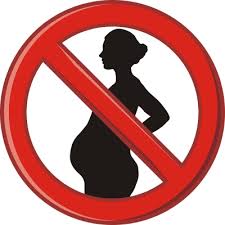The popularity of medical aesthetic treatments is increasing, but there are still many unanswered questions. One of them is the safety of receiving medical aesthetic treatments during pregnancy.
Doctors who practice medical aesthetics often face the question of which treatments can be safely performed during pregnancy. Occasionally, women undergo treatment before realizing they are pregnant. What are the risks of undergoing treatment during pregnancy? The changes in the body during pregnancy can bring additional risks to the treatment, especially the development of the fetus, which is likely to be affected by external substances. Therefore, doctors must be extremely cautious. In fact, there is very little research on the safety of medical aesthetic treatments during pregnancy.
Pregnancy causes changes in women’s skin, such as darkening of spots, appearance of blood vessels, increased hair growth, and acne, which makes them want to improve their appearance through treatment. However, hormonal changes make melanocytes more active, increasing the risk of pigmentation after inflammation; skin recovery is also slowed down, and the risk of hypertrophic scarring is increased. Many traumatic treatments, such as dermabrasion, deep chemical peels, and lasers, must be delayed for three to six months after pregnancy.
In addition, many traumatic treatments require the application of local anesthesia, and the safety of anesthesia during pregnancy has not been established, as the ingredients in the anesthesia can enter the body and affect the fetus. Even with chemical peels, although they treat only the surface of the skin, some ingredients, such as salicylic acid, can enter the body, so extra caution is required.
The safety of injection treatments, such as fillers and botulinum toxin, is even more uncertain, as the manufacturers generally advise against injection during pregnancy. Although there are reports that accidental injection of botulinum toxin during pregnancy did not cause birth defects, this has not been confirmed by large-scale studies, so caution is still advised.
However, pregnant women should not despair, as some treatments can still be performed, such as mild glycolic acid peels and moisturizing treatments, which can help maintain skin radiance. However, most medical aesthetic treatments lack large-scale studies to support their safety, and long-term side effects are unknown. Therefore, in the absence of clear benefits that outweigh potential harm, doctors generally advise patients to be patient and avoid taking risks during this stage.

